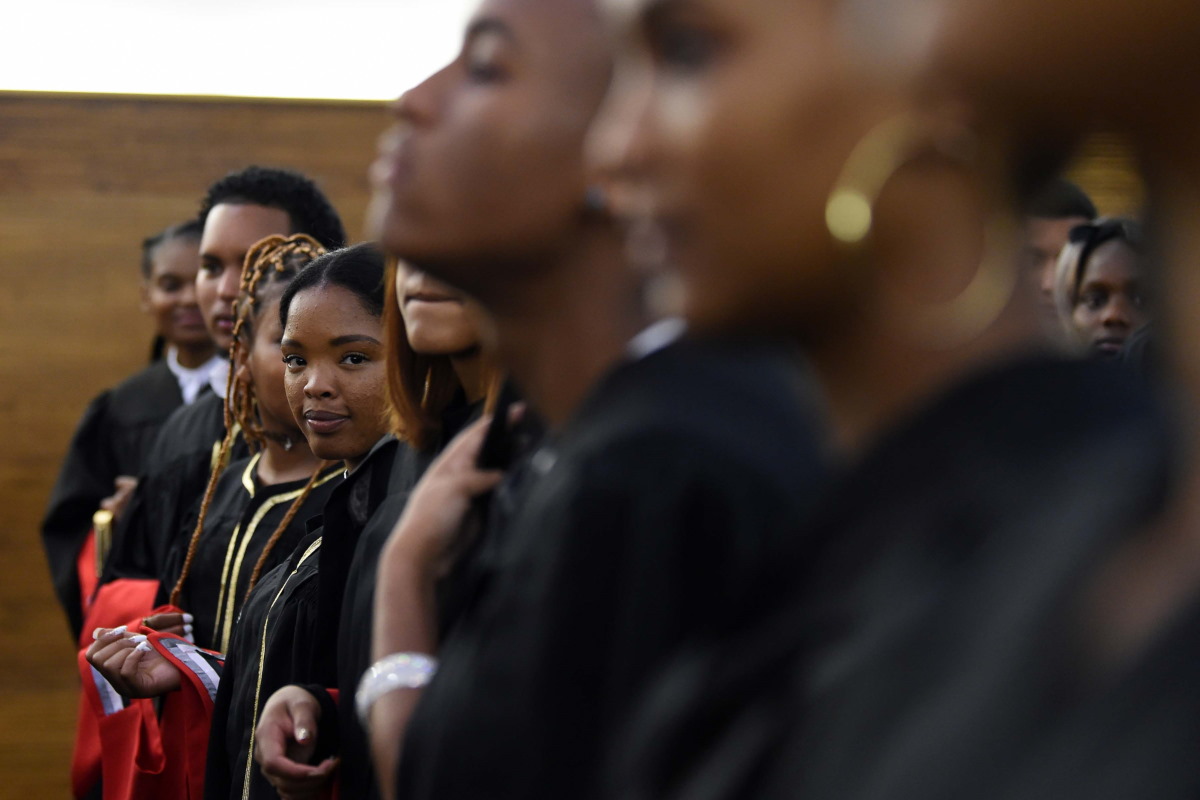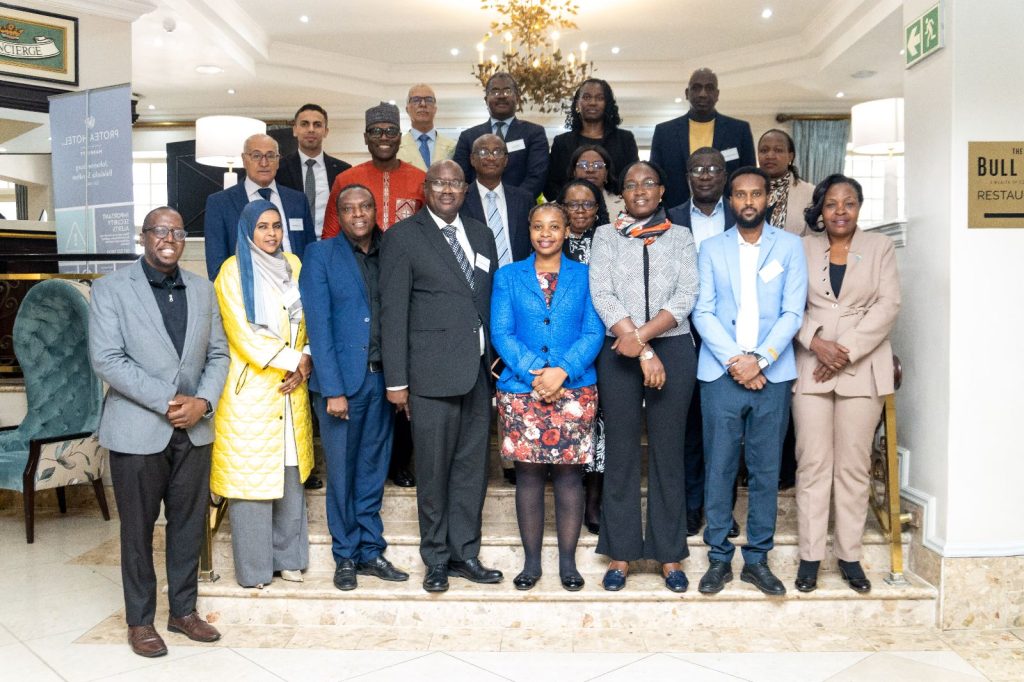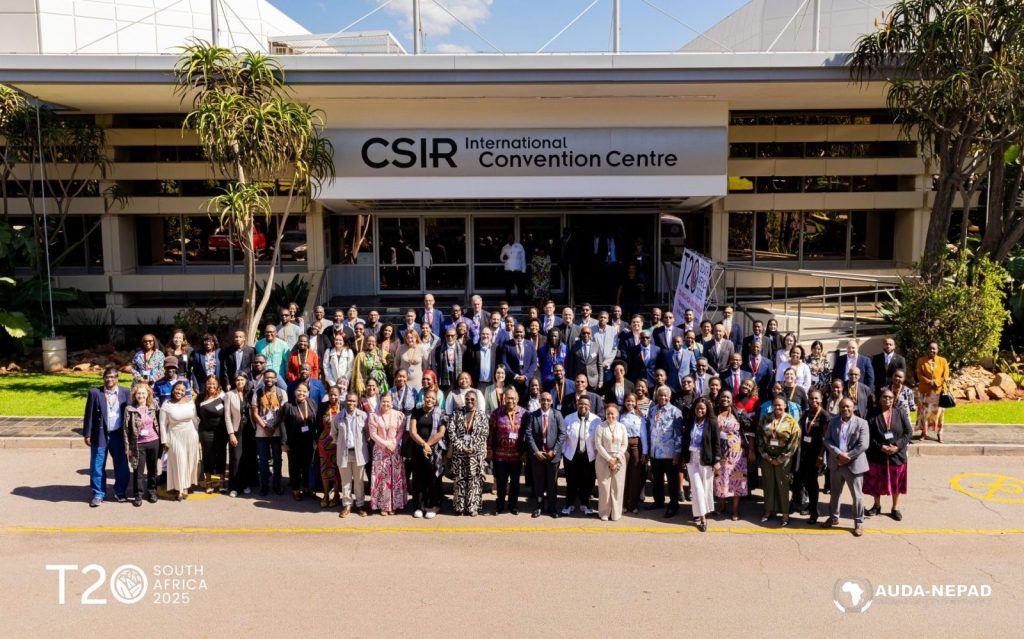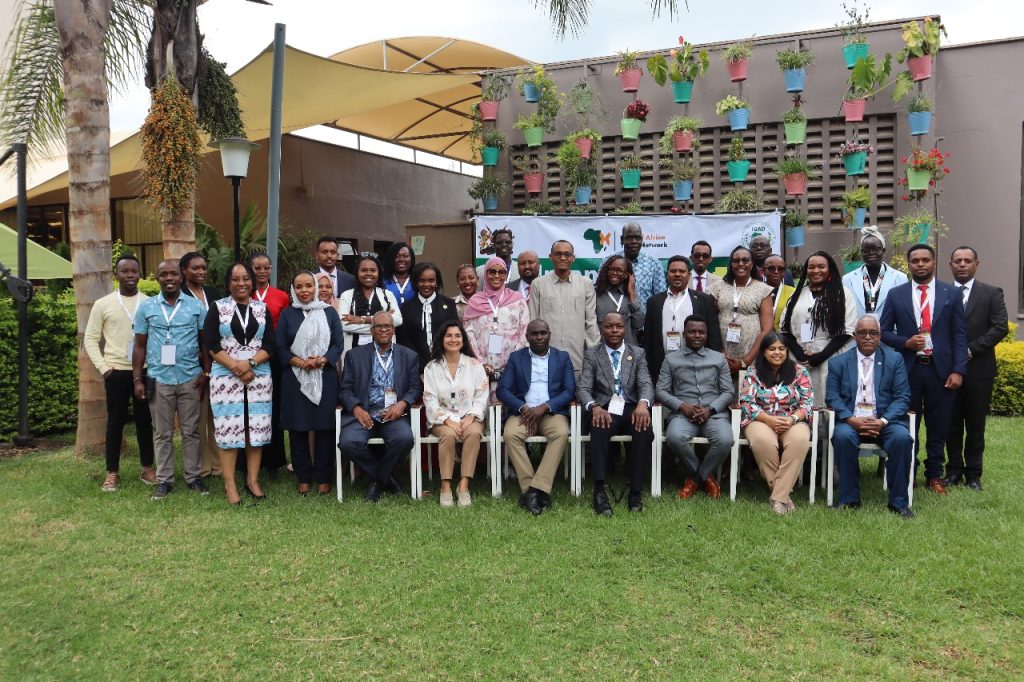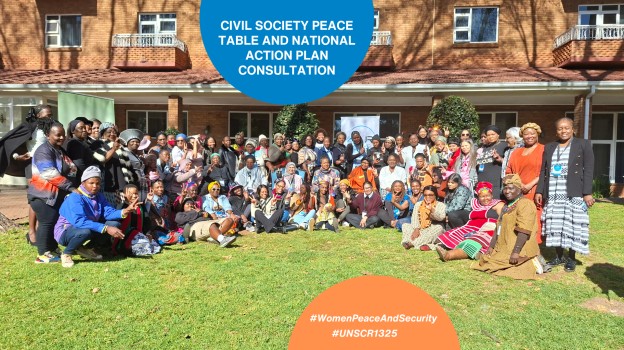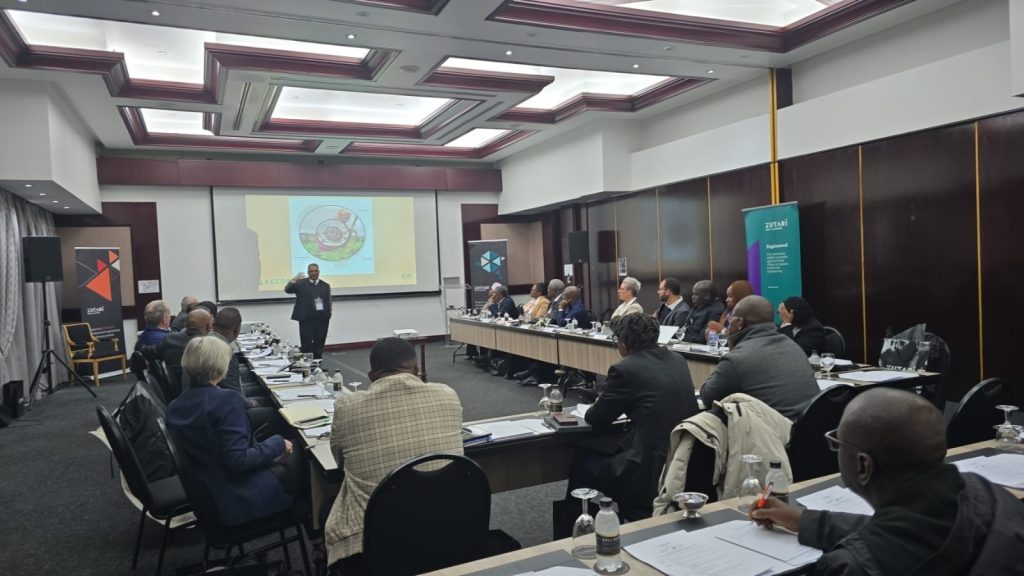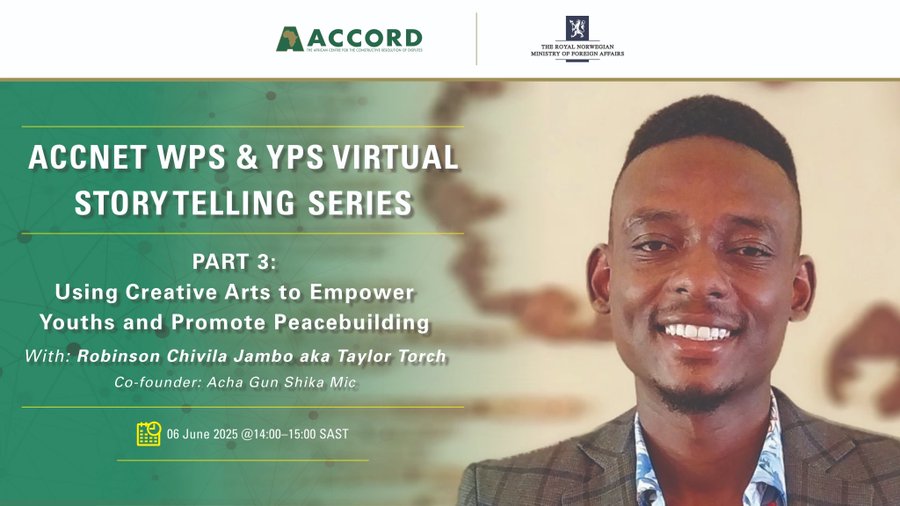On the 22nd and 23rd of October 2020 ACCORD hosted a virtual training session of students from the All African Students Union (AASU) which comprises of a number of Student Representative Councils (SRCs) from across the African continent. The training sessions aimed to provide students with the tools and skills necessary to intervene and mediate in conflicts that they may encounter during the time as SRC leaders. This training session was led by Professor Martin Revayi Rupiya, manager for training and innovations at ACCORD.
Professor Rupiya outlined that students get their mandate from the national constitutions and the legislation governing education in their countries which in turn informs the constitution of their university or institution. It is therefore necessary for students to understand their constitutions and be cognisant of the fact that as SRC leaders they have a framework in which they need to operate within. Understanding the framework in which they operate as well as the demands and issues that students face is important for an SRC to be effective in carrying out their mandate as elected leaders. SRC’s are also required to showcase exemplary leadership not only to the other students at their university but also to the wider communities that their institution exists within.
In terms of conflict mediation and intervention student leaders need to understand the problems that the university and its students face in order to be capable of intervening successfully. SRC’s need to understand the context in which the conflict is taking place as well as to be able to differentiate between the root causes of the conflict and the manifestations of the conflict. Prof Rupiya also encouraged SRC’s to produce their own solutions and options to the problems that they have identified instead of simply highlighting the problem to the university.
Finally, students who participate in the session were also asked to identify what they thought were the major issues facing their institution during the COVID-19 pandemic. Students from a number of countries such as Nigeria, Malawi, Congo-Brazzaville and Zimbabwe all presented issues that they believe are the biggest issues their institutions are having to deal with during the pandemic. Some students identified a lack of access to quality internet connections as being an impediment to the migration to online learning during the pandemic. A lack of quality learning facilities, access to running water and hygiene facilities were also identified as issues that prevented universities from being able to comply with the health guidelines to combating COVID-19.
This training session was conducted in line with ACCORDS six strategic pillars for vision 2021 and was done in line with ACCORD’s commitment to increase the role of youth in the peace processes.

